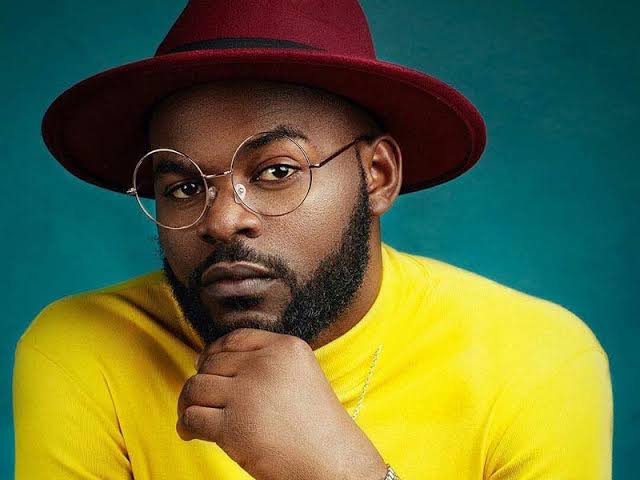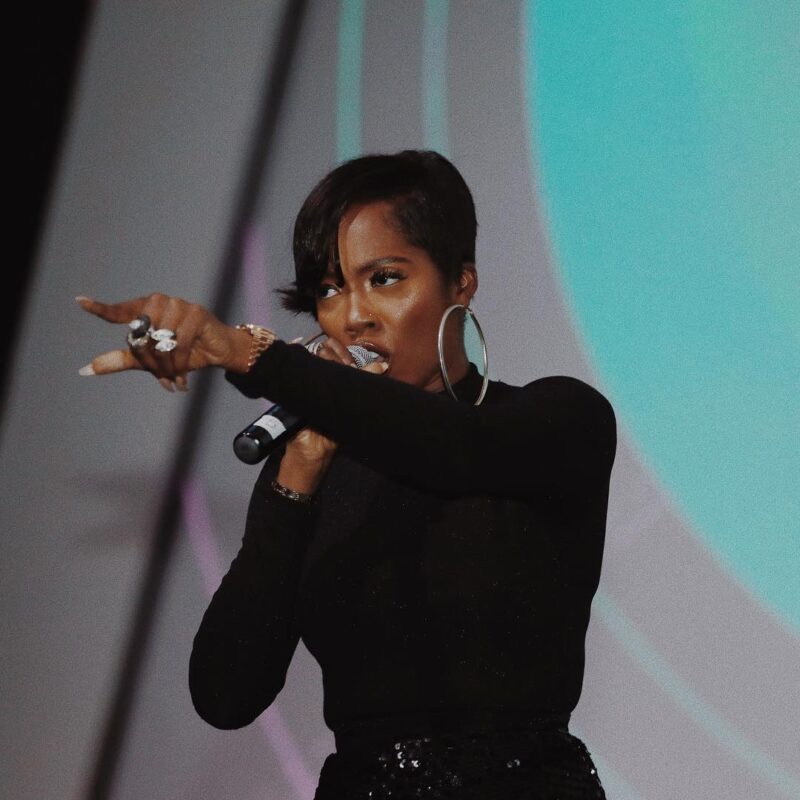In a candid revelation that has reignited conversations about police brutality and social justice in Nigeria, renowned rapper and activist Folarin Falana, popularly known as Falz, described his involvement in the 2020 #EndSARS movement as “one of the craziest and toughest moments of my life.”
Speaking in a recent interview on a popular podcast, Falz shared personal insights into the protests that gripped the nation and drew international attention.
The #EndSARS movement started in October 2020 as a campaign against police brutality by the Special Anti-Robbery Squad. SARS faced serious allegations, including torture, extrajudicial killings, and harassment, often targeting young Nigerians.
The protests grew rapidly, becoming one of the largest youth-led movements in Nigerian history. They reached a deadly peak at the Lekki Toll Gate in Lagos, where security forces opened fire on unarmed protesters.
Falz, 33, became a major voice in the protests, using his fame to rally supporters and speak for the oppressed. He used his platform as a Grammy-nominated artist to spread awareness and demand police reform.
Falz described the personal risks he faced during the movement in an interview on “The Honest Bunch” podcast last week. He recalled the intense pressure of protesting while being a public figure and receiving constant threats.
“It was insane,” Falz said, reflecting on the chaos. “From the streets filled with passionate people demanding change, to the fear of what might happen next – it was a rollercoaster of emotions.
I saw the best and worst of humanity. People risk everything for a better Nigeria, but also facing brutal repression. It tested me in ways I never imagined, mentally and physically.”
Falz organized virtual concerts and joined protests with celebrities like Runtown and Mr. Macaroni. His actions during the protests led to personal consequences, including threats, pressure, and fears of arrest.
He joined other protesters in demanding SARS be disbanded. Eventually, the government agreed, but critics say reforms fell short.
Meanwhile, the rapper’s recent comments come as activists continue debating the #EndSARS legacy and Nigeria’s ongoing need for deep reform.
Moreover, human rights groups like Amnesty International reported the movement’s impact, including 12 deaths and many injuries at Lekki.
Falz, who has since continued his advocacy through music and public speaking, emphasized the importance of resilience in the face of adversity. “We can’t give up. Those moments made me stronger, but they also remind us how much work is left to do,” he added.
Now, Falz’s latest revelation has reignited online conversations, with fans and activists praising his courage and commitment to justice. As economic struggles and insecurity persist, voices like Falz’s remain vital for demanding reform and holding authorities accountable.
For more on Falz’s career and activism, follow updates from his official channels. The full podcast interview is available on major streaming platforms.
Tolu Adebayo




